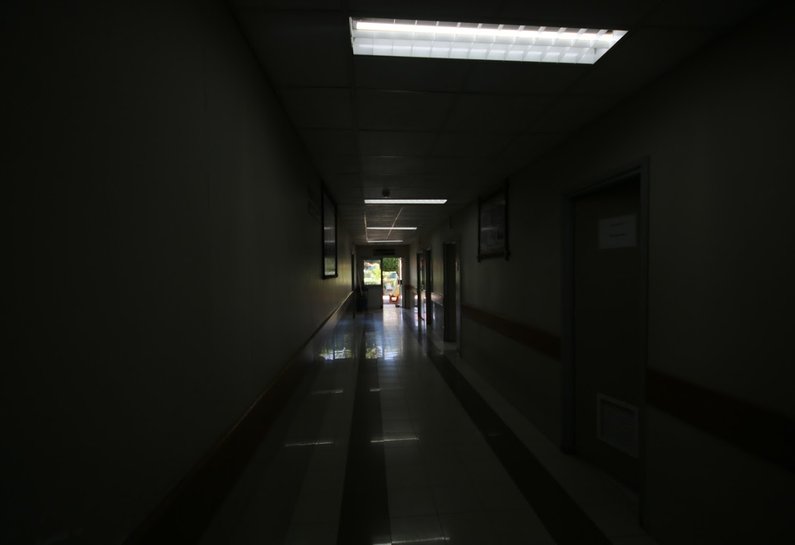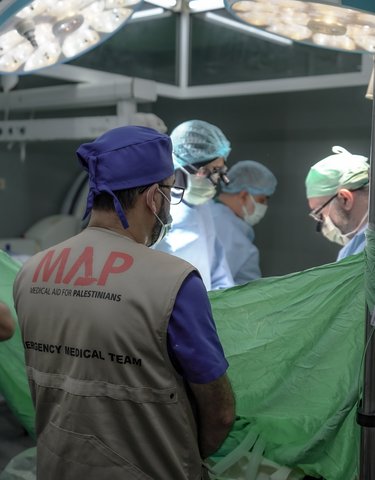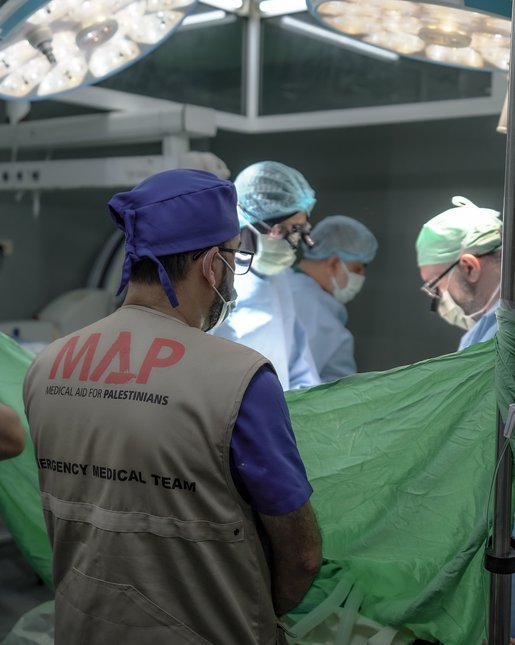Gaza update: “doctors used flashlights to examine patients”

The UN has warned that Gaza is on the “verge of disaster”. In February, 42% of essential drugs were completely out of stock, including drugs used in emergency departments and other critical units. 23% of essential disposables in Gaza were also completely depleted.
Last month, 19 healthcare centres, including three hospitals, were forced to stop services as they did not have enough fuel to keep generators running. Although temporary funding has been pledged by some international donors for emergency fuel, much of it has not yet been delivered, and Gaza remains dependent on short-term funding, with no long-term solution to the electricity crisis reached.
Limited electricity supply is continuing to dangerously disrupt the delivery of health services. The Ministry of Health (MoH) in Gaza has implemented emergency measures to rationalise fuel. This included reducing the bed capacity at Gaza’s Psychiatric Hospital from 70% to 32% and postponing all electroencephalogram (EEG) tests at the hospital. Key services in 13 MoH hospitals, such as elective surgeries, sterilisation and diagnostic services are operating at reduced capacity.
According to the World Health Organisation (WHO), the waiting time for elective ear, nose and throat (ENT) surgery in Gaza – used as an indicator of surgical waiting times – is now one year. Such delays expose patients to prolonged periods of suffering and ill health, negatively affecting their psychological wellbeing and mental health. In some cases it can cause further medical complications.
People in Gaza continue to receive just four hours of electricity every 12 or 16 hours. Extended power cuts mean that hospitals and primary health centres have to rely on generators, which are becoming increasingly overused. Currently, 12 hospital generators are out of order and in need of repair. The International Committee of the Red Cross has committed to repairing six generators but additional support is needed to repair the remaining six.
Speaking to the World Health Organisation about Gaza’s electricity crisis the Director of Durrah Hospital, Dr Majed Hamada, said:
Doctors used flashlights to examine patients in the night, since there was no electricity for light. The pharmacy refrigerator was shut down and its content moved to a small fridge in the laboratory. Oxygen generators, in addition to all radiology services and most of the laboratory services, were shut down and only functioned during the hours of electricity from the main grid.
Blood banks in Rafah and Khan Younis in Gaza have been forced to close due to the lack of electricity and medical supplies. Although blood is now being stored at nearby hospitals, these are also facing challenges. Last month, the MAP-supported central blood bank at Al Shifa Hospital was unable to safely store blood products as vital equipment stopped functioning due to electricity fluctuations.
Water supply is only reaching most homes in Gaza for 3-5 hours each day due to the electricity crisis. Gaza’s desalination plants are functioning at less than 50% of their capacity. This is exposing Palestinians in Gaza to increased risk of waterborne diseases, including acute diarrhoea and parasite infections.
How can you help?
MAP is continuing to monitor and respond to this serious situation through our programmes, including the procurement of out-of-stock medicines. You can support this vital, life-saving work by clicking here:
MAP is also calling on the UK Government to take action to save lives in Gaza. If you have not already done so, please email your MP and express your concern about Gaza’s humanitarian emergency by clicking here:
Related content




